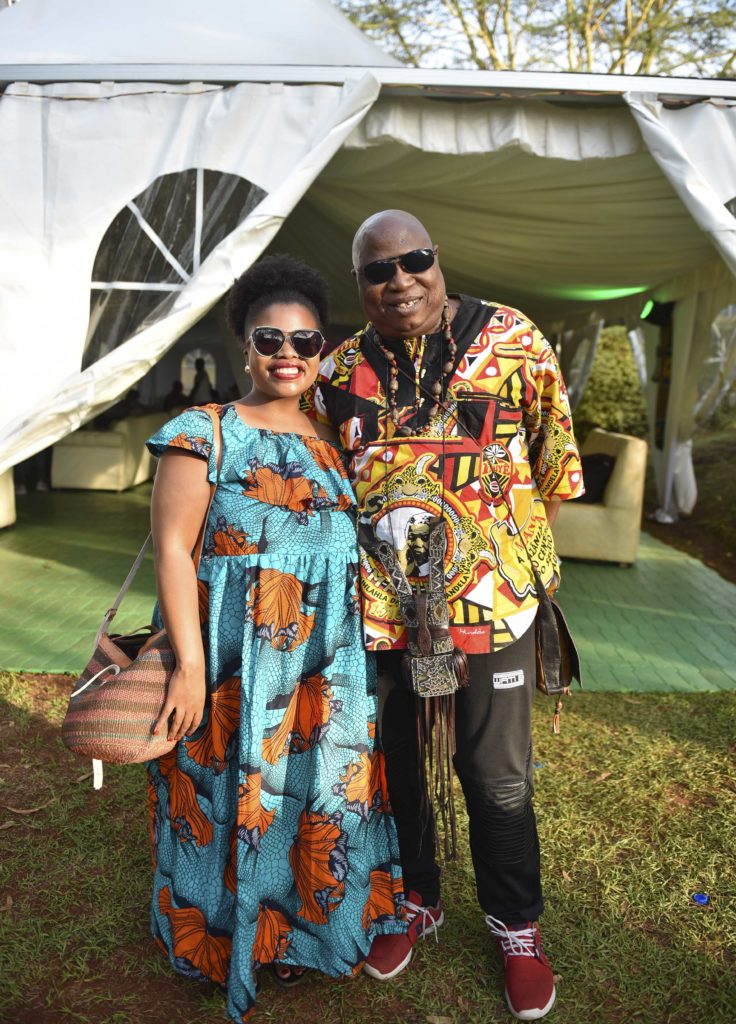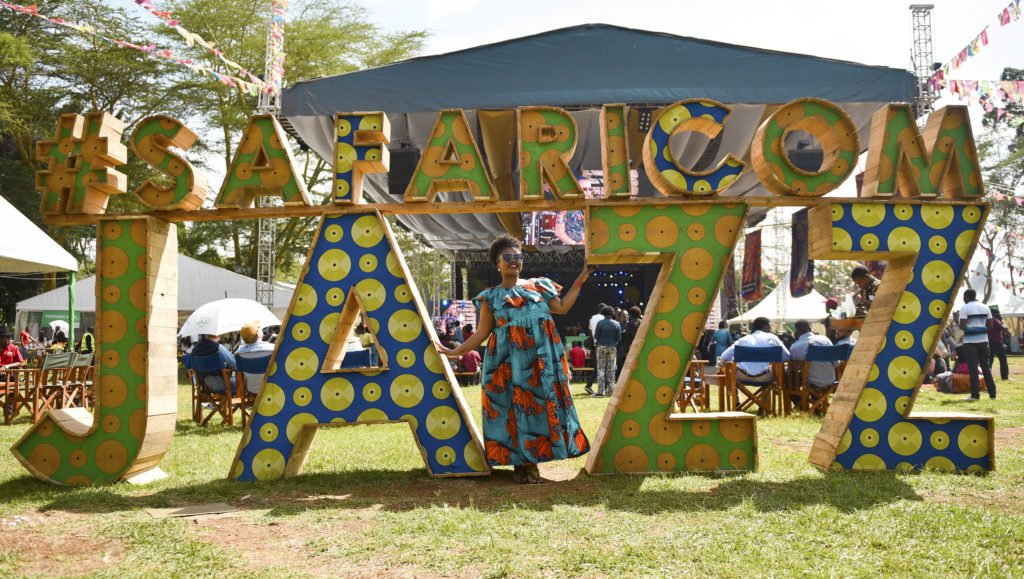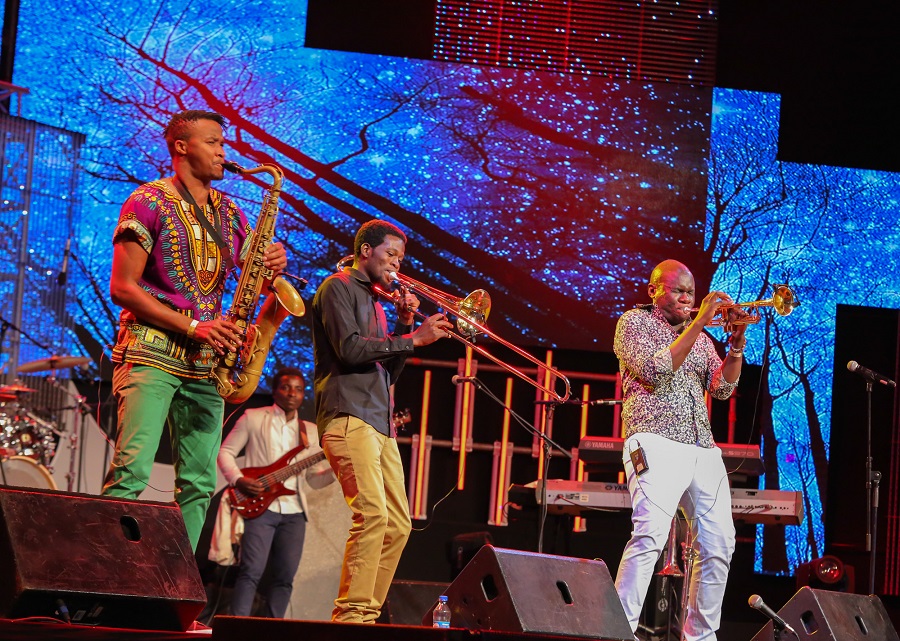Music Changed My Life: Ghetto Classics and the Art of Giving Back

A huge number of my happiest memories have been centred around art and specifically, music. I was a shy, awkward child until standard 3 when my music teacher commented that I had a beautiful voice and should join the choir. Even my parents noted that I came alive when music was involved. I sang in the school choir and clinched most of the solos and I was more proud of clinching those solos than of clinching the number one position in classwork. I had this secret dream that I would be a world-famous musician someday, even though it was generally thought that music was a hobby and not something people took seriously. I went on to study music even in high school and scored a proud A in my KCSE but gave up my dream of pursuing music professionally and went with journalism instead.
Even though I didn’t follow that dream, I’m still a music enthusiast and campaigner for the arts. I can attribute my confidence, public speaking and teamwork skills and resilience to my time in music. I was affirmed by my music teachers when they trusted me to learn a song on my own and then in turn teach it to my peers. Just knowing that both my teachers and peers believed in me and I had the ability to deliver boosted my confidence in ways that still resonate with me today. Over the years, music has been scrapped from the syllabus and its importance downplayed. The only kids who can access music lessons are from privileged backgrounds and this contributes to further widening the gap between the privileged and underprivileged.
I first heard about Ghetto Classics in 2014 thanks to Safaricom Jazz and I was immediately impressed. Here was a programme that was giving kids that would otherwise not have the opportunity, a chance to learn classical music. There’s this perception that certain genres of music are for the elite and Ghetto Classics was shattering this myth by giving music lessons to kids in Korogocho. Ghetto Classics is the flagship programme of the Art of Music Foundation which is a community programme that involves over 650 children in Korogocho founded by Elizabeth Njoroge and Fr John Webootsa in 2008. All the proceeds from Safaricom Jazz go to the Ghetto Classics programme which so far has raised over Ksh 19 Million.
Sentrine is a 14-year-old girl who sings and plays the trumpet. Alexander is 13 and plays percussion but is looking to learn to play the sax. Brian is looking to become a world-class conductor by attending a conducting school in Switzerland. The kids in the programme perform on average better than their peers and several of the tutors in the programme are former beneficiaries. Some of them have even gone on to become part of the Safaricom Youth Orchestra or play in other bands. Listening to the positive stories and seeing the impact Ghetto Classics has had on the kids and the community, I can’t help but root for the Ghetto Classics programme as well as Safaricom Jazz. Indeed, I hope this grows into a countrywide programme so that more kids (and adults) can benefit. I also hope this shows those that underrate the arts that they have their place in the world and it’s a big one.
http://www.mwendengao.com/2016/11/04/music-changed-life-ghetto-classics-art-giving-back/EventsMusicGhetto Classics,Safaricom Jazz



Leave a Reply